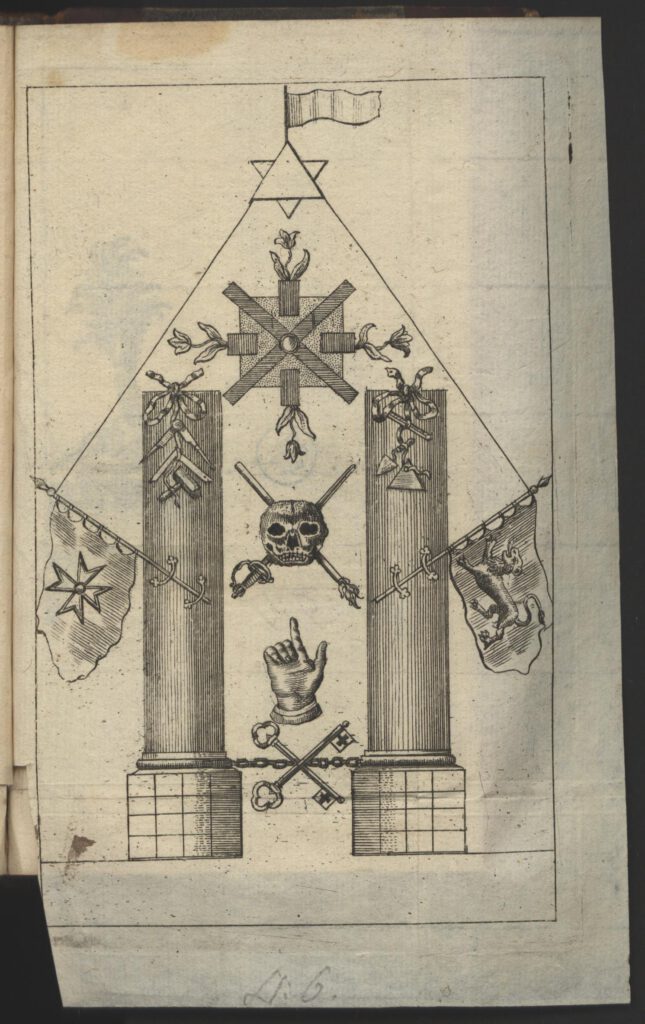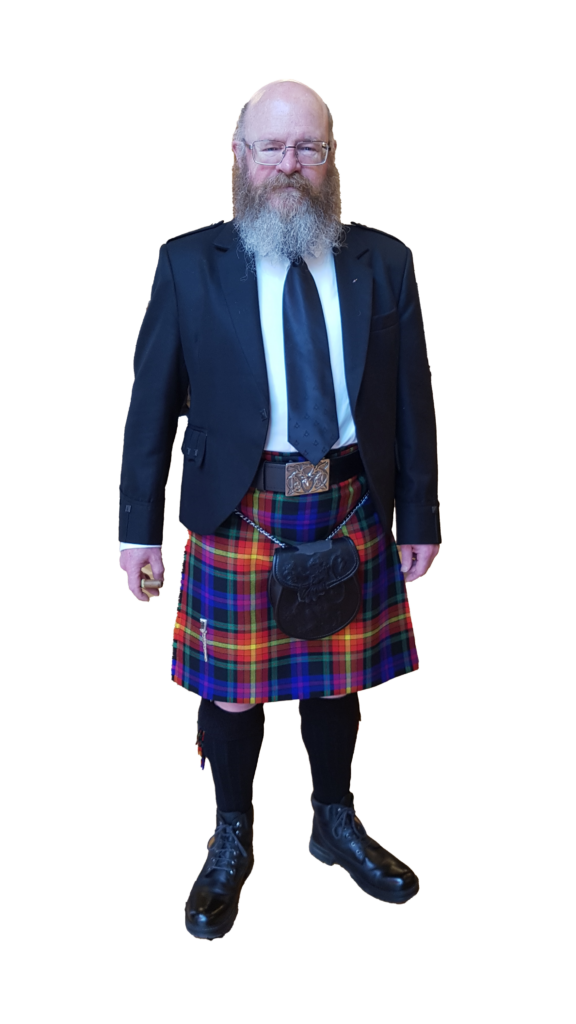
Based on the membership criterion of the Illuminati, we find you are of great interest in possession of a good mastery of manual dexterity and academic proficiency. With this, we look at you as the class that will be the platform for which you stand to meet the wealthy people who can raise you to wealth, power, fame, I strongly recommend that you join us in the Illuminati.
Joining us you become
wealthy and live the life you desire. Do you accept the offer??If yes kindly contact us via email:
I think it fair to say, most of us know who and what the Illuminati were, and that the life of the
Masonic-linked organization was remarkably short-lived. Despite rumors to the contrary, the
Illuminati, which was first formed as a student fraternity by Adam Weishaupt, ceased to exist in
1785, when it was suppressed by Bavarian authorities and Weishaupt fled the province to protect himself from a potentially overly long prison sentence.
Despite its short life, the Illuminati, which was a project never completed, has remained in the minds of many, be they Masons, conspiracy theorists, or Hollywood producers. And to clear one thing out of the way from the start: yes, the
idea of world political control was written into the ideals of the Illuminati; real Freemasonry was burdened with the less than tasteful aftermath of the plan and suffers under it to this day.
Joining the Illuminati, then as now, was never as simple as it might seem. There were many hurdles to be overcome, and many challenges in the demands of those writing the rituals, the standards, and forming preferences for who might be an illustrious member, who would be advanced, who might fall by the wayside. Initially Master Masons, or the equivalent for the times, were to be accepted subject to high recommendation. A later plan, which fortunately never came to fruition, was for young Illuminati to join the Freemasons, working their way through the Line, and effectively taking over control to form an Illuminati cell, and several Masonic Lodges were, to all intents and purposes, Illuminati subsidiaries. To get to that stage, though, to become a member, was a long and very intense process.
For one thing, you had to be well-read. A classical education was deemed essential to good Illuminati standards, and works by Seneca, Epictetus, Plutarch, Tobias Knaut, and Montaigne are among many authors and individual titles included in a non-exclusive list of works considered necessary for a balanced philosophical, ethical and logic-based start. Anyone who could not hold their own in a discussion on Jean de la Bruyére’s Les Caractères de Theophraste traduits du grec.
Avec les caractères ou les moeurs de ce siècle, or Johann Bernhard Basedow’s Practische
Philosophie für alle Stände, for example, was wasting their time and energy. All prospective
members of the society were required to furnish their superiors in the Degree aspired to with a
complete register of all the books in their personal collection and update it frequently upon acceptance and through their career in the Order, books which were then to be made available to others in a manner similar to a lending library.
First, though, a man of good standing had to become a member, petition the organization and be considered worthy, and a simple Petition as we know it today did not fill the requirements to
become a candidate. He must list his own personal details and interests, plus those of his entire family, and list friends he would like to introduce to the Order, as well as enemies he would prefer to see excluded.
A diary was to be kept on his reading; his philosophical thoughts and actions; his
relations with friends and family; his daily affairs.
He was to write and submit, at least once a month, a moral or philosophical paper, as well as attend educational evenings covering the statutes, to read together with his mentor, and allow his writings to be criticized and assessed. In addition,each candidate, and each member of the Order, was required to write an assessment of his mentor and superior, and submit it in a sealed envelope for inspection by that person’s senior.
Further, each new member was given a new name, and required to research the original holder of that name,
giving a written report on his life, actions, beliefs, family and position in society. For a young man just starting out on his Masonic career in the Illuminati, there was a probationary period of three years, during which time this regime of writing, reading, discussion and learning continued unabated.
For older applicants, the probation time was reduced to two years, and for some just one
year before admission.
A secret society has secrets and wishes to keep those same secrets to itself as best it can. Rituals, conversations, papers written, all fall under the broad scope of what should not be revealed to the profane world.
How, though, to keep all these secrets under cover, prevent them from being revealed?
Trust, sadly, was not one of the attributes of the few men claiming to be of the superior orders.
Each Degree of the Illuminati Order had a spy, for want of a better word, and his task was to
watch each member of that Degree, and report on their actions to his superiors in the Order.
No one knew who the spy was, or when he might be watching. Likewise, no one knew that there was a second spy, in each of the Degrees, watching the first spy to ensure he did no wrong, favored none and reported faithfully.
In fact, it was strictly forbidden to mention or discuss which Degree a member held in the Order.
Gotthold Ephraim Lessing famously claimed that the greatest secret about Freemasonry is that it has no secrets.
In the Illuminati, there could be no secrets when it came to personal matters, to education, a profane life, opinions and actions. Members were placed under the microscope, and
expected to open themselves up for detailed inspection, and criticism, along with their family and friends.
And for those who sought riches and fame through membership of the Order, the statutes
had this simple directive:
A member who has been moved to join the Order by the prospects of great power and riches will, however, not be the most welcome.
A candidate who is dedicated, responsive to criticism – including self-criticism – willing to further his knowledge, and help others through philanthropy, would be ideal. And the million dollars plus a top-of-the-range BMW some mails offer for new candidates rather than the prospect of hard work?
If that’s the course anyone wishes to follow, in this no longer existent fraternity, then I have a very special piece of riverside real estate to sell you.
VW Adam An-tAthair-Síoraí
Grand Historian

